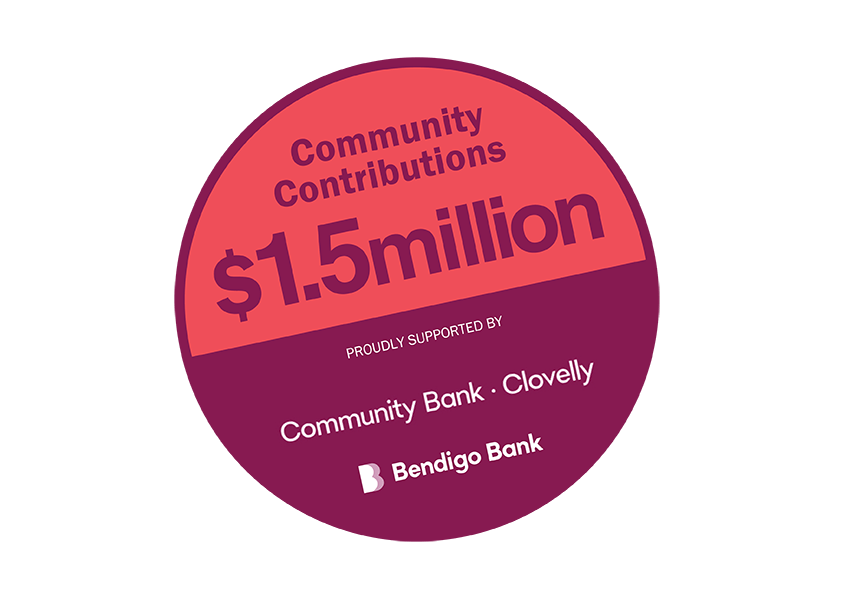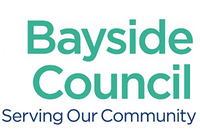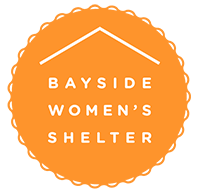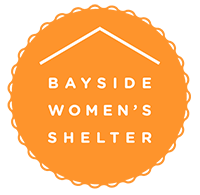Bayside Women’s Shelter is a committee and board run by volunteers from South Sydney and the Eastern Suburbs and led by Chair Dr Christina Curry. Many of our volunteers are parents, who manage their roles at Bayside Women’s Shelter alongside work and family commitments. Our committee also has representatives from organisations who work with with domestic violence victims in the community. We are fortunate to have Aboriginal Elder Aunty Barbara Simms Keeley from the Guriwal Community at La Perouse serving on our committee to provide an understanding of the issues facings and working with Indigeonous women. Vicki Johnston from Safe Haven is also guiding the committee as a domestic violence specialist whose expertise in domestic violence psychotherapy and working with complex trauma is a respected credible voice.
This is in an undisclosed area of South East Sydney
We are a registered charity with an ABN 54 153 006 556. We issue tax deductible receipts.
Our wishlist is simple:
1. Monetary donations – this will allow us to continue operating the shelter in the coming years.
2. Your support. We appreciate any help on offer. Whether it’s donating time, resources or your business skills (plumbers, electricians, tradespeople), or helping out organising events, raising money or donating time to help out at the Shelter – it would all be greatly appreciated.
Domestic violence and emotional abuse are behaviors used by one person in a relationship to control the other. Partners may be married or not married; any sexual orientation; living together, separated or dating.
Verbal Abuse
- swearing and continual humiliation, in private or in public
- attacks on intelligence, sexuality, body image and capacity as a parent and spouse
Psychological Abuse
- driving dangerously
- destroying property
- abusing pets in front of family members
- making threats regarding custody of any children
- saying that the police and the courts will not help, support or believe the victim
- threatening to ‘out’ the person.
Emotional Abuse
- blaming the victim for all problems in the relationship
- constantly comparing the victim with others to undermine their-esteem and self-worth
- sporadic sulking
- withdrawing all interest and engagement (for example weeks of silent treatment)
- emotional blackmail and suicidal threats.
Social Abuse
- isolation from family and friends such as ongoing rudeness to family and friends to alienate them, or limiting contact with family and friends
- instigating and controlling the move to a location where the victim has no established social circle or work opportunities
- restricting use of the car or telephone
- forbidding or physically preventing the victim from going out and meeting people.
Financial Abuse
- forbidding access to bank accounts
- providing only a small ‘allowance’
- not allowing the victim to have a job
- forcing the victim to sign documents or make false declarations
- using all the wages earned by the victim for household expenses
- controlling the victim’s pension
- denying that the victim is entitled to joint property.
Physical Abuse
- direct assault on the body (choking, shaking, eye injuries, biting, slapping, pushing, spitting, burning, punching, or kicking)
- use of weapons including objects
- assaulting the children
- locking the victim in or out of the house or rooms
- forcing the victim to take drugs
- withholding medication, food or medical care
- sleep deprivation.
Sexual Abuse
- any form of pressured/unwanted sex or sexual degradation causing pain during sex
- assaulting genitals
- forced sex without protection against pregnancy or sexually transmitted disease
- making the victim perform sexual acts unwillingly (including taking or distributing explicit photos without their consent)
- criticising or using sexually degrading insults.
Harassment and Stalking
- following and watching
- telephone and online harassment
- tracking with Global Positioning Systems (GPS)
- being intimidating
- coming into your own place without permission.
ANYONE CAN BE A VICTIM
Victims can be of any age, sex, race, culture, religion, education, employment or marital status. Both men and women can be abused however most victims are women. Children in homes where there is domestic violence are more likely to be abused or neglected. Most children in these homes know about the violence. Even if a child is not physically harmed, they may have emotional and behaviour problems.
If you are being abused, REMEMBER
You are not alone
It is not your fault
Help is available
Bayside Women’s Shelter is not expected to open until early 2018. If you are experiencing or have experienced recent domestic violence and are in need of shelter and safety, the best contact is Link 2 Home – 1800 152 152.
Other support options include:
If you are in danger contact 000 immediately.
The Deli Women’s and Children’s Centre (Eastlakes) – local DV service. 9667 4664
Domestic Violence Crisis Line 1800 656 463
Respect (1800 RESPECT)
National Sexual Assault, Family & Domestic Violence Counselling Line 1800 737 732
The Line (1800 MYLINE) – Information and advice service for young people 1800 695 463
Women’s Legal Services NSW 9749 5533
Child Protection helpline 13 21 11
Sexual Assault Crisis Line 1800 806 292
Men’s Referral Service 1300 766 491
Kids Helpline 1800 551 800
Parentline 1300 130 052
Family Referral Service South Eastern and Northern Sydney 1800 066 757
Lifeline 13 11 14
Wirringa Baiya – Aboriginal Women’s Legal Service 1800 686 587 or (02) 9569 3847
We want to create a supportive environment which supports all women of any age, sexuality, cultural and linguistic diversity, disability or mental illness. We accept women on a case by case basis. We try to allocate beds to women (and accompanied children) who are homeless from domestic violence first, but where beds are available, shelter will also be offered to women who are homeless for other reasons.
Our centre is a place of safety for women and children fleeing violence, therefore we need to ensure the safety and security of all of our residents. We welcome those with drug and alcohol addictions, provided they are sober, and their addictions are under control. Similarly, we offer support to those suffering mental illnesses, provided they are stable enough to live within a shared space. Violence, drugs, alcohol and any other behaviours that would put our women at risk are not tolerated.
We welcome women from the South Sydney and Eastern Suburbs of Sydney, and will occasionally take women from out of area, working in conjunction with the Women’s Community Shelter partners.
We welcome indigenous women from the local community as well as those from off-country. We’re working with our local Aboriginal community elders to train and educate our team and volunteers to support indigenous women and their families.
Our aim is to provide you with a safe place in which you have the room to make choices about what you want to do in your future. While you’re with us we will give you as much help to get legal support, achieve financial independence, medical care and even education. However we know, not every woman will choose independence the first, second or even 10th time they leave a domestic and family violence situation. We support you to make your own choices, and while we hope that we never see our residents again (and we mean this in the nicest possible way), we will always support women when they need it.
In Partnership With

Founding Sponsor



Proudly Sponsored By




